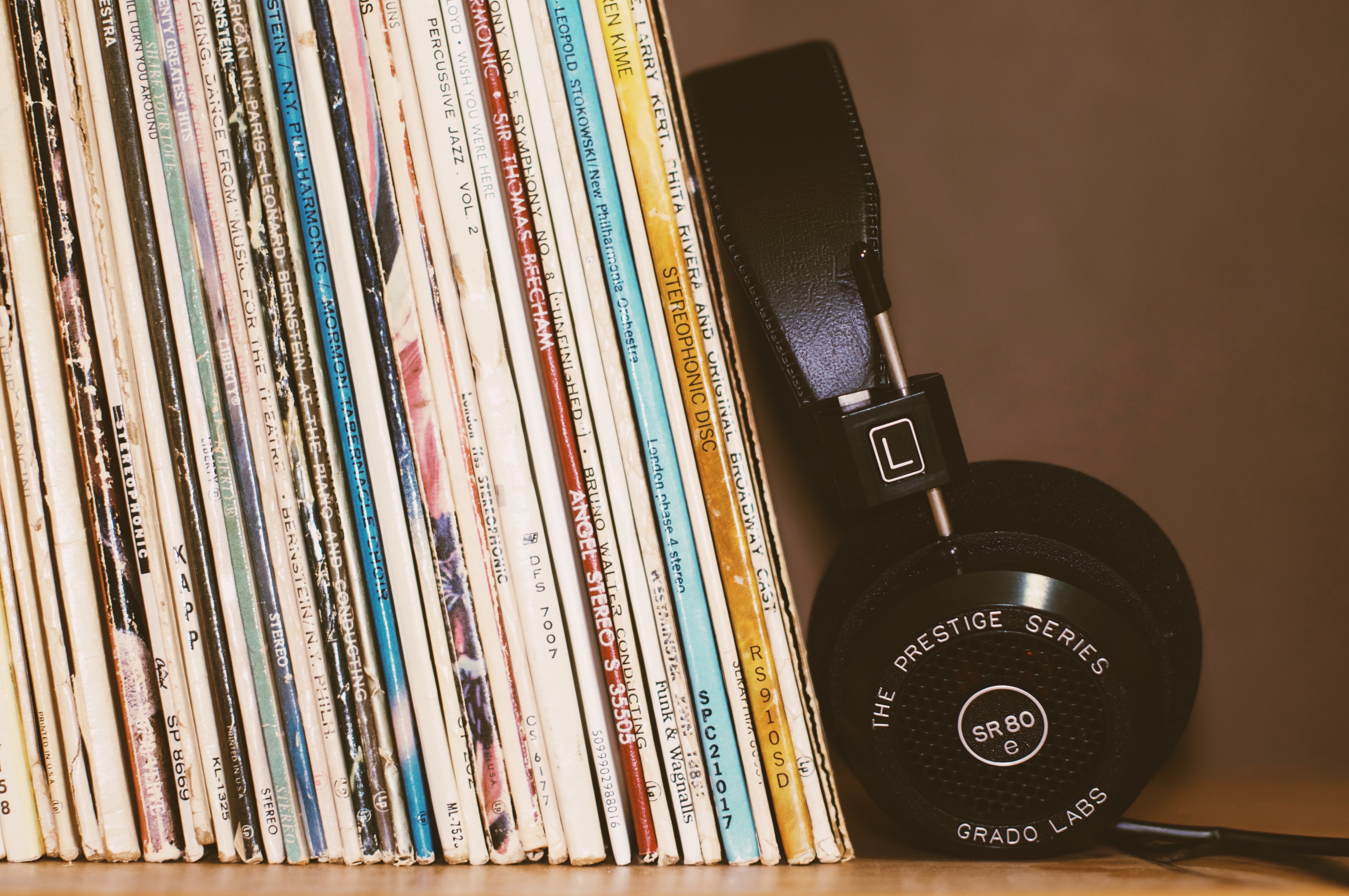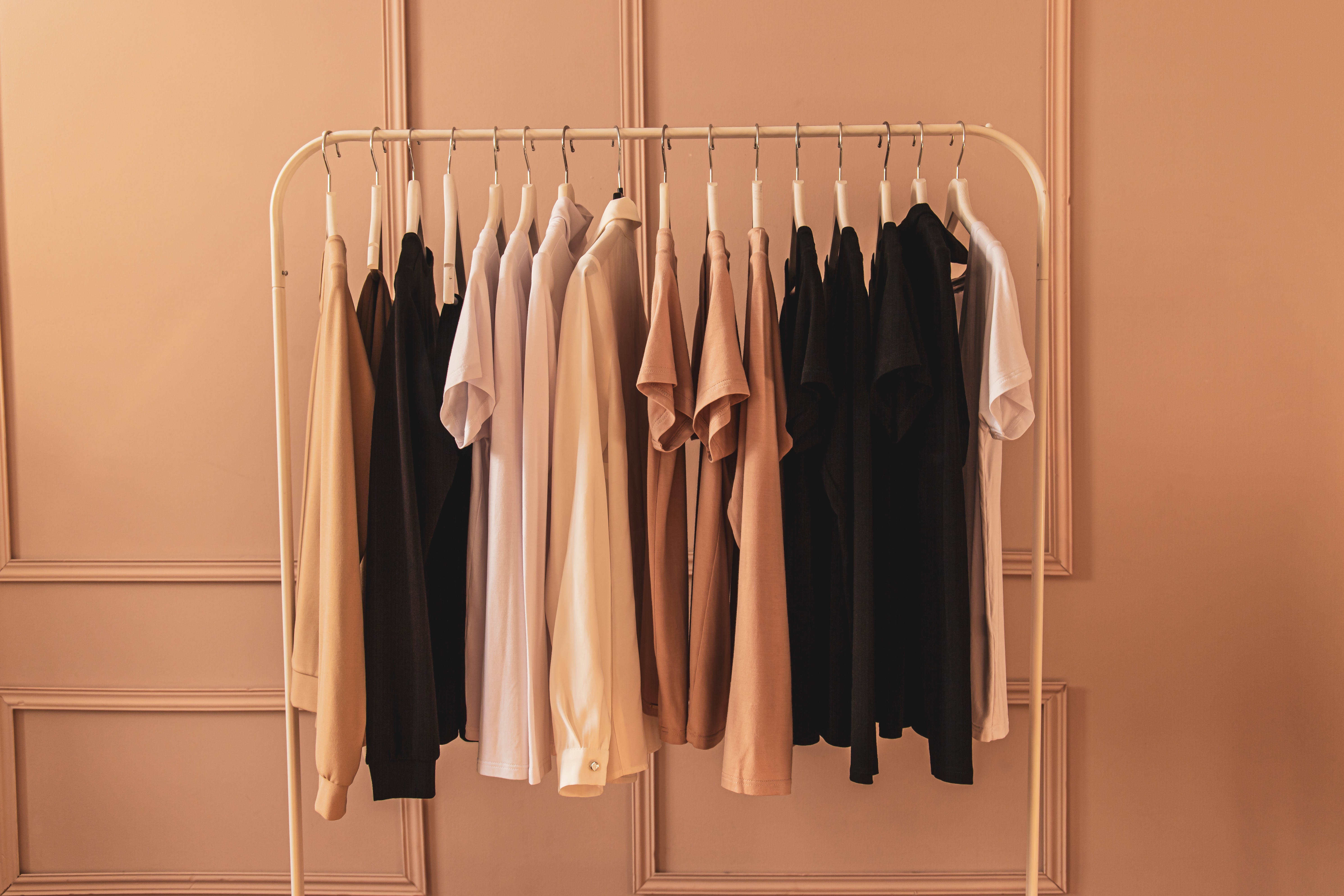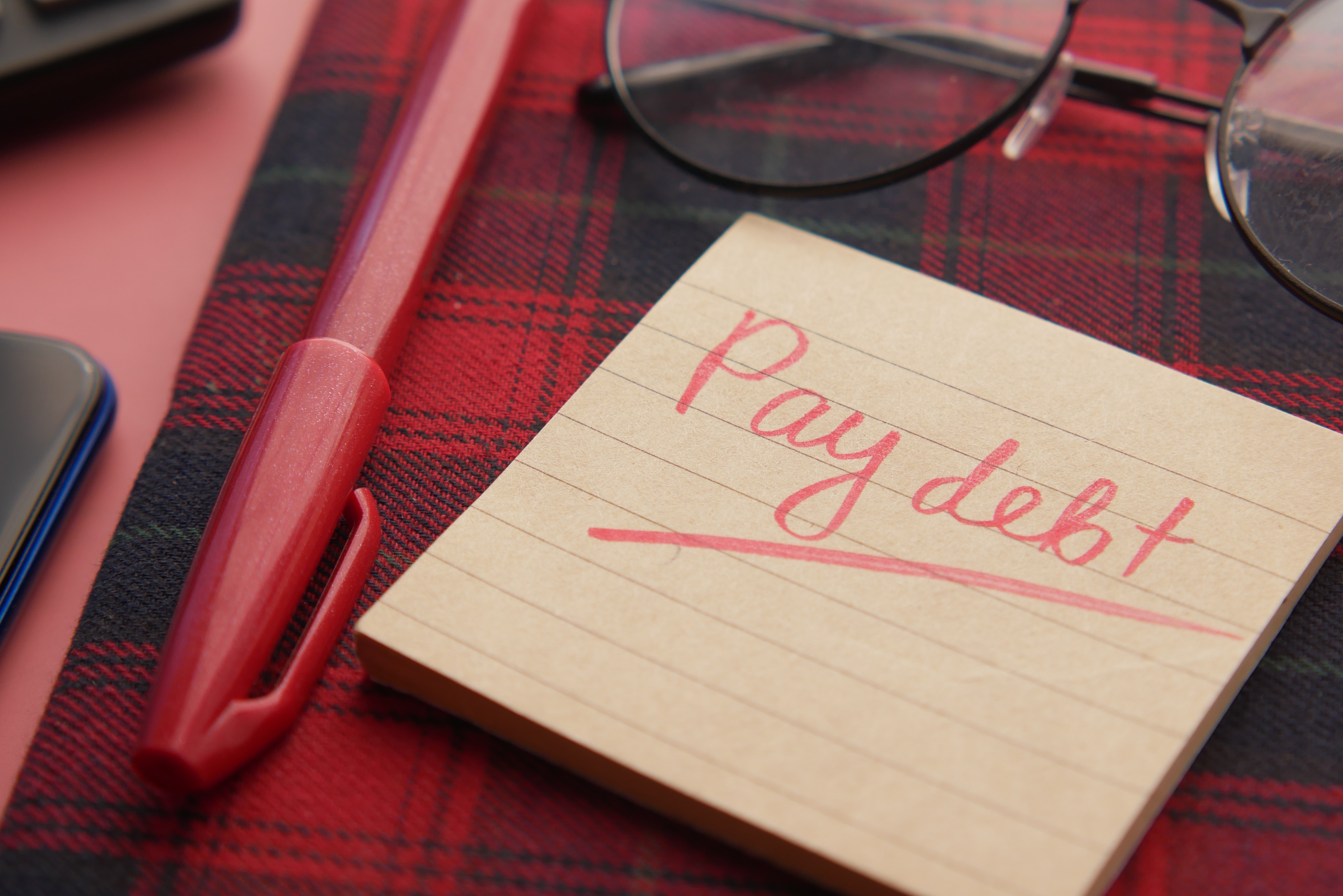The timeless charm of vintage vinyl records has seen a resurgence in recent years, capturing the hearts of music lovers seeking the warm, distinctive sound that only vinyl can deliver. However, to preserve their unique sound quality and ensure longevity, vintage vinyl records demand meticulous care and maintenance. This extensive guide will introduce you to the essentials of handling, cleaning, storing, and playing your vintage vinyl records.
Understanding the Value of Vintage Vinyl Records
Vintage vinyl records are artifacts, embodying the sounds of a bygone era. They represent the purity of audio production before the digital age. The unique sound quality coupled with the tactile and visual pleasure vinyl records provide makes them beloved items for collectors and music enthusiasts alike.
Handling Vintage Vinyl Records
The initial step to preserving your vinyl records involves proper handling.
Gentle Touch
When handling your records, always touch the edges and the labeled parts, avoiding contact with the grooves. The oils and dirt from your fingers can damage these delicate grooves, impacting the sound quality.
Proper Removal from Sleeve
When removing a record from its sleeve, gently slide it out while keeping your fingers on the edge and the labeled area. Never pull out a record by pinching the edge, as this could cause warping or other damage.
Correct Use of Turntable
When placing the record on the turntable, carefully put the needle on the record's edge, allowing it to naturally fall into the grooves. Dragging the needle across the record surface can cause scratches and damage the sound quality.
Cleaning Vintage Vinyl Records
Regular cleaning is crucial for maintaining your records in optimum condition.
Regular Dusting
Dust your records regularly with a carbon fiber brush to remove surface dust and reduce static, which can attract more dust.
Deep Cleaning
For a deeper clean, use a record cleaning solution and a microfiber cloth or a record cleaning machine. Avoid using household cleaners, as they can damage the vinyl.
Drying
Always ensure your records are completely dry before playing or storing them. Leftover water in the grooves can cause damage when the record is played.
Detailed Guide to Cleaning Solutions
There are several record cleaning solutions available in the market, each with its own benefits. Here are a few options:
Record Cleaning Kits: These kits usually include a cleaning solution, a brush, and sometimes even a microfiber cloth. They're designed specifically for vinyl records, so they're safe to use.
DIY Cleaning Solution: You can make your own solution at home using distilled water and a small amount of dish soap. Remember, less is more when it comes to soap.
Record Cleaning Machines: For the serious collector, a record cleaning machine might be a worthy investment. These machines can provide a deep clean without the risk of scratching your records.
Storing Vintage Vinyl Records
Proper storage is key to preserving your vintage vinyl records.
Upright Storage
Always store your records vertically. Horizontal stacking can lead to warping and ring wear.
Inner Sleeves
Use polyethylene inner sleeves to protect your records from dust and scratches. PVC sleeves should be avoided, as they can react with the vinyl.
Climate Control
Store your records in a cool, dry place. Exposure to high temperatures and humidity can lead to warping and mold, damaging your precious records.
Choosing the Best Storage Solutions
There's a variety of storage solutions available for vinyl records, each offering unique benefits. Here are a few options:
Record Crates and Boxes: These provide ample storage and easy access to your records. Look for ones made of sturdy materials to protect your records from external damage.
Record Cabinets and Shelves: For those with a larger collection, record cabinets or shelves are ideal. They offer larger storage capacity and help keep your records organized.
Record Display Cases: If you want to display your favorite records, record display cases can be a great option. They offer protection while showcasing your prized collection.
The Importance of Record Players and Needles
Your record player and needle significantly impact the lifespan and sound quality of your vinyl records. A poor-quality needle can cause unnecessary wear and tear, damaging the record's delicate grooves.
Choosing a Quality Record Player
When choosing a record player, consider the following:
Adjustable Weight: This allows you to adjust the force applied by the needle on the record, preventing damage from excessive pressure.
Replaceable Needle: The needle should be easily replaceable, as it will need to be changed after a certain amount of playtime.
Sturdy Construction: The turntable should be sturdy and well-built to reduce vibrations that can affect sound quality.
Needle Maintenance and Replacement
Needles should be cleaned regularly to remove any dust or grime. A dirty needle can damage your records and degrade sound quality. As a rule of thumb, the needle should be replaced after every 1,000 hours of playtime.
Reviving Damaged Vinyl Records
Despite your best efforts, records can sometimes get damaged. Depending on the type and extent of damage, it may still be possible to revive your vintage vinyl records.
Minor Scratches: Minor surface scratches might not affect playability. However, deep scratches, unfortunately, can't be repaired.
Warping: Mildly warped records can sometimes be flattened using a vinyl flat, a device designed to safely correct warping. However, severely warped records are often beyond repair.
Mold and Grime: Records with mold or grime can be cleaned using a record cleaning solution or machine. Always ensure the record is fully dry before storage or play.
Q&A Section:
Q: How often should I clean my vinyl records? A: Dust your records before each play, and deep clean every few months depending on usage.
Q: Can scratches on vinyl records be repaired? A: Deep scratches cannot be repaired, but minor surface scratches might not affect playability.
Q: What’s the best way to store vinyl records long-term? A: Store records vertically in a cool, dry place, away from direct sunlight. Always keep them in their sleeves.
Q: Can vintage vinyl records deteriorate over time? A: Without proper care, vinyl records can deteriorate due to dust, mold, scratches, or warping. Proper handling, cleaning, and storage can ensure their longevity.
Q: How can I tell if my record player needle needs replacing? A: Replace the needle if there's a decline in sound quality, or if it's skipping or sliding across the record. Typically, a needle should be replaced after about 1,000 hours of play.
The art of caring for vintage vinyl records may seem intricate, but the reward is a preserved collection that continues to deliver the rich, unique sound of vinyl. With careful handling, thorough cleaning, and proper storage, your records can remain in prime condition, providing a timeless auditory










